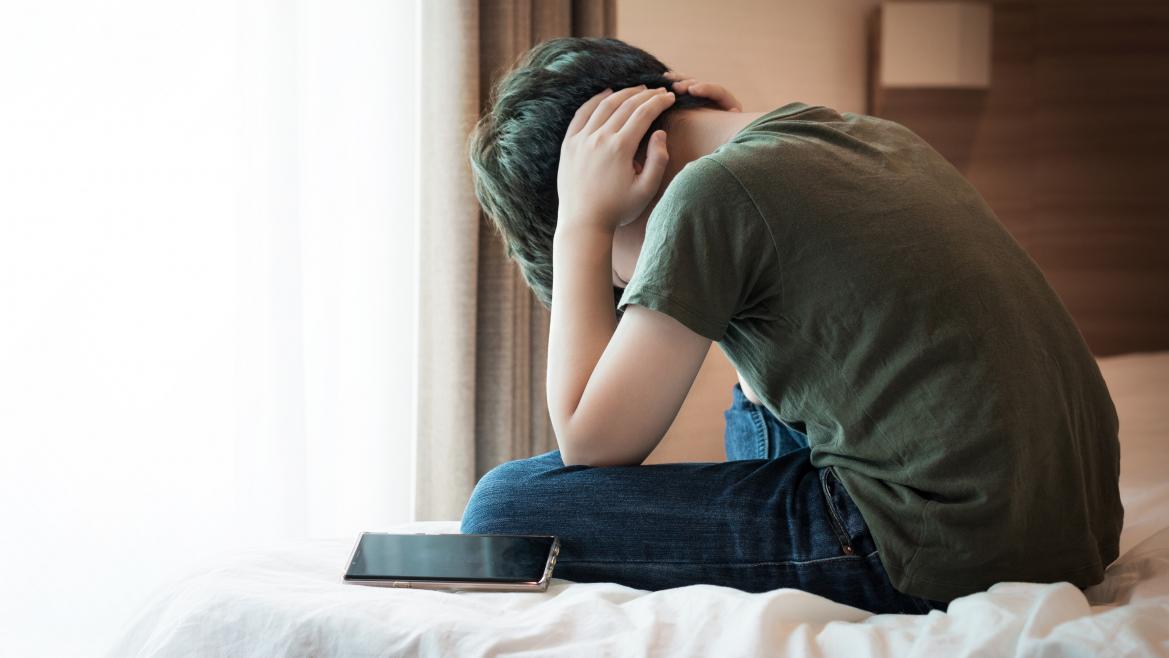
Mood Disorders - Depression
Depression in Children and Adolescents
Children and teenagers experience a wide range of emotions, and ups and downs. Depression is different from sadness, however. It is a serious mental health condition that could benefit from professional support and treatment. There is a wide array of options from medication to talking therapy for you and your child to explore. Children experience a daily rollercoaster of emotions such as excitement, disappointment and frustration. A lack of communication skills, tiredness or simply being overwhelmed can mean that young children’s behaviour is frequently up and down. Depression is different to ‘normal’ sadness, it is a serious illness that benefits tremendously from professional help. Depression is different to sadness. Sadness tends to ebb and flow whereas depression is present for much of the day and often worse in the morning. Sadness can pass after a few days, depressive episodes often last for two weeks or more.
In our experience, parent’s instinct is often right, so if you are worried about your teenager and notice some of the following signs, it might be helpful to seek professional help.
Causes of Depression in Children and Teenagers
Genetic Vulnerability
Research has shown that children whose parents suffer with depression are three times more likely to suffer themselves , suggesting a genetic link.
Stressful, Traumatic Life Events
These can leave lasting impressions on a child. If a child has experienced a traumatic event this may have effected their learning of good coping mechanisms for dealing with complex emotions, this can sometimes result in depression.
Neurobiological
Studies show that abnormal levels of hormones, such as the stress hormone cortisol, can be a causal factor for childhood depression. The part of the brain needed for emotional regulation has been shown to differ in size in some children (this has been linked to maternal depression) and this is thought to increase the child’s likelihood to suffer with depression.
Environmental Factors
A family death, divorce, pressures at school or social difficulties can all be causes of depression. Children are not all affected in the same way by these events, so it is not unusual for only one sibling to develop depression following a stressful family event, each child is unique and will cope with stressful situations in different ways.
Treatment for Depression in Teenagers and Children
Child mental health is complicated so seeking help from a professional specifically trained is important. Child and adolescent psychiatrists are trained to understand the specific issues that young people may struggle with. An assessment with a psychiatrist will indicate what the problem may be and will look across a spectrum of disorders and sometimes the symptoms of depression can actually be due to something else.
Medication for Depression
Sometimes medication will be recommended. Medications such as antidepressants have been successfully used by young people to overcome their depression. Often a talking therapy will also be recommended, and it has repeatedly been shown that medication taken alongside a talking therapy can be more effective. Whilst many parents are understandably concerned about their child taking antidepressants, there are pros and cons to the approach. Antidepressants can be highly effective at helping children overcome the often debilitating symptoms of a depressive disorder, so with careful management, can be very useful.